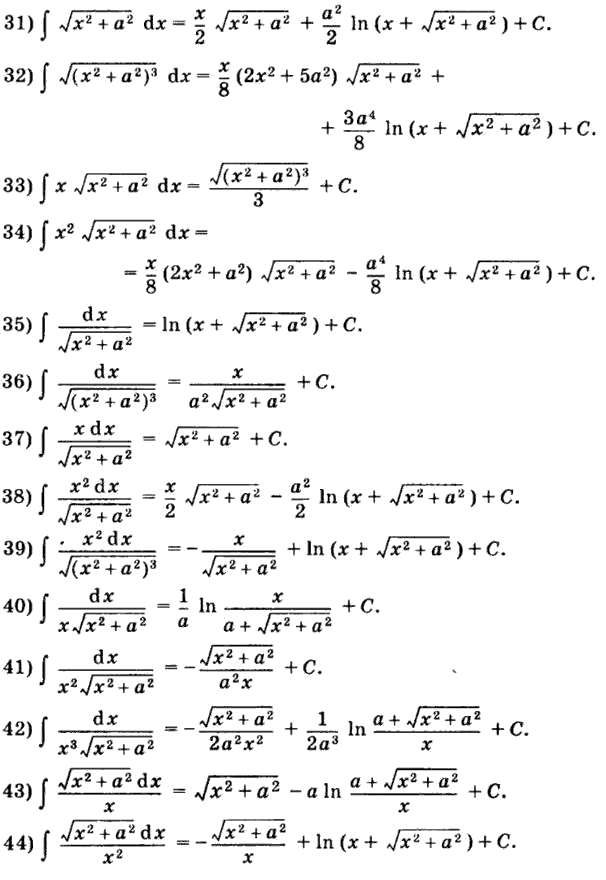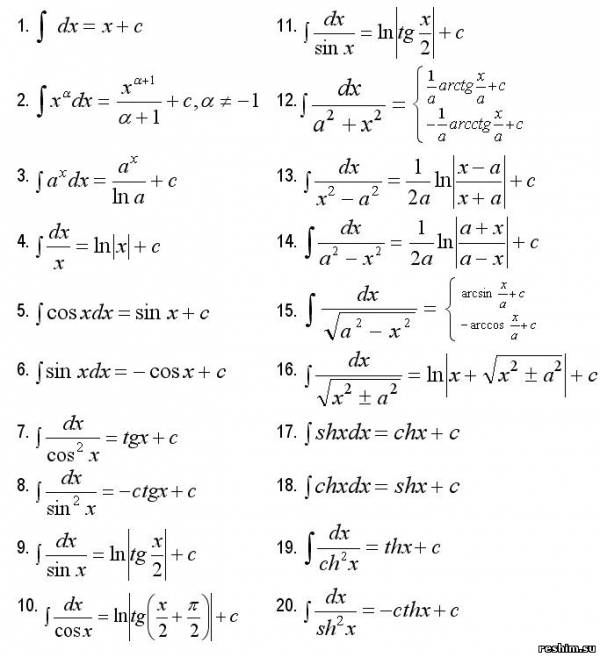Polnaya Tablica Integralov Dlya Studentov
- 5 Comments!

RTG MPZ series systems help build sheet-pile walls without any noise or vibration.

Abstract Many are tempted to separate affective and moral dimensions of learning from cognitive dimensions. They argue that the cognitive and affective are obviously separate since many intelligent, well-educated people lack moral insight or sensitivity and many less intelligent, poorly educated, or uneducated people are morally good. By distinguishing “strong” and “weak” senses of the terms ‘critical thinking’, ‘moral integrity’, and ‘citizenship’ Richard Paul suggests a novel answer to this objection. Critical thinking, understood as skills alone separate from values, is often used to rationalize prejudice and vested interest. Moral integrity and responsible citizenship, understood merely as “good heartedness”, are themselves susceptible to manipulation by propaganda. The human mind, whatever its conscious good will, is subject to powerful, self-deceptive, unconscious egocentricity of mind.
The full development of each characteristic — critical thought, moral integrity, and responsible citizenship — in its strong sense requires and develops the others, in a parallel strong sense. The three are developed together only in an atmosphere, which encourages the intellectual virtues: intellectual courage, intellectual empathy, intellectual good faith or integrity, intellectual perseverance, intellectual fair-mindedness, and faith in reason. The intellectual virtues themselves are interdependent. Educators and theorists tend to approach the affective and moral dimensions of education as they approach all other dimensions of learning, as compartmentalized domains, and as a collection of learning more or less separate from other learning. As a result, they view moral development as more or less independent of cognitive development.
“And why not!” one might imagine the reply. “Clearly there are highly educated, very intelligent people who habitually do evil and very simple, poorly-educated people who consistently do good.
If moral development were so intimately connected to cognitive development, how could this be so?” In this paper, I provide the outlines of an answer to that objection by suggesting an intimate connection between critical thinking, moral integrity, and citizenship. Specifically, I distinguish a weak and a strong sense of each and hold that the strong sense ought to guide, not only our understanding of the nature of the educated person, but also our redesigning the curriculum. There is little to recommend schooling that does not foster what I call intellectual virtues.
These virtues include intellectual empathy, intellectual perseverance, intellectual confidence in reason, and an intellectual sense of justice (fair-mindedness). Without these characteristics, intellectual development is circumscribed and distorted, a caricature of what it could and should be. These same characteristics are essential to moral judgment. The “good-hearted” person who lacks intellectual virtues will act morally only when morally grasping a situation or problem does not presuppose intellectual insight.
Free fonts for mac. Many, if not most, moral problems and situations in the modern world are open to multiple interpretations and, hence, do presuppose these intellectual virtues. We are now coming to see how far we are from curricula and teaching strategies that genuinely foster basic intellectual and moral development. Curricula is so highly compartmentalized and teaching so committed to “speed learning” (covering large chunks of content quickly) that it has little room for fostering what I call the intellectual virtues.